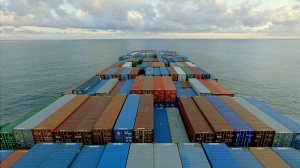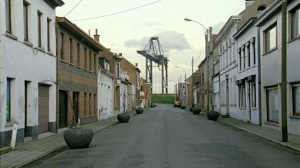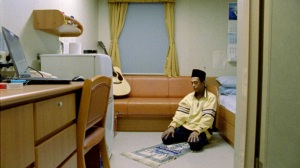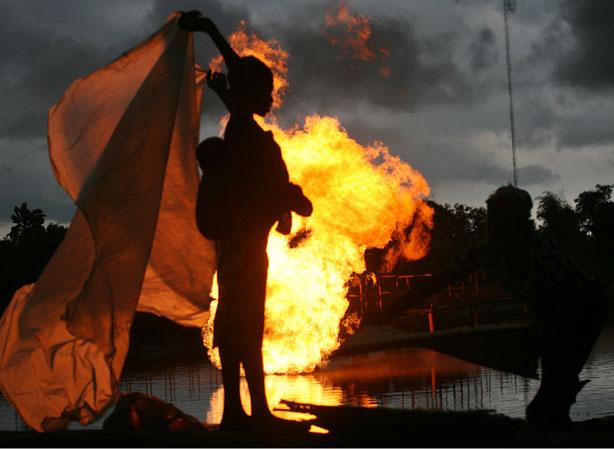 In his important book Slow Violence and the Environmentalism of the Poor, Rob Nixon discusses the efforts of writer-activists to document what he describes as forms of “attritional violence whose effects are scattered across time and space.” How, he asks, do such intellectuals made visible the otherwise hidden, imperceptibly gradual but nonetheless deadly impact of environmental toxins such as depleted uranium.
In his important book Slow Violence and the Environmentalism of the Poor, Rob Nixon discusses the efforts of writer-activists to document what he describes as forms of “attritional violence whose effects are scattered across time and space.” How, he asks, do such intellectuals made visible the otherwise hidden, imperceptibly gradual but nonetheless deadly impact of environmental toxins such as depleted uranium.
I’ve been thinking about these questions as I write an essay for an edited collection focusing on the visual arts and critical landscapes. My piece looks in particular at artists such as Allan Sekula, George Osodi, Ursula Biemann, and the World of Matter collective.
My argument is that these artists are intent on documenting the forms of accumulation by dispossession that 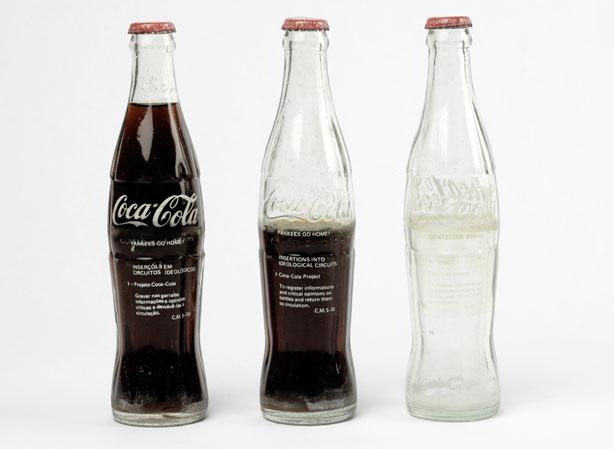 characterize contemporary capitalism. One of the most interesting questions that I have come across while working on this essay has been the issue of how the visual arts can engage in forms of what Fredric Jameson called cognitive mapping while avoiding simply reproducing the soul-crushing landscape of exploitation that characterizes uneven development today. How, in other words, can you document without enervating?
characterize contemporary capitalism. One of the most interesting questions that I have come across while working on this essay has been the issue of how the visual arts can engage in forms of what Fredric Jameson called cognitive mapping while avoiding simply reproducing the soul-crushing landscape of exploitation that characterizes uneven development today. How, in other words, can you document without enervating?
It seems to me that this is a crucial question which many on the left are asking today. I think, for example, of Judith Halberstam’s recent The Queer Art of Failure and Lauren Berlant’s Cruel Optimism, each of which in its own way grapples with the pessimism of our current historical moment.
In thinking through these questions, I found the catalog essay by TJ Demos for Uneven Geographies, a show he 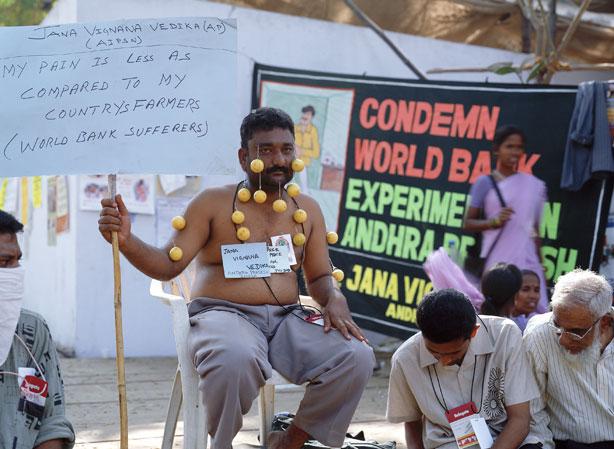 co-curated at the Nottingham Contemporary Art Museum, particularly useful. Demos puts the issue in the following terms: “in focusing on uneven development today we risk simply reaffirming its existence in the realm of representation.” How are visual artists, curators, and intellectuals more broadly to respond to this dilemma?
co-curated at the Nottingham Contemporary Art Museum, particularly useful. Demos puts the issue in the following terms: “in focusing on uneven development today we risk simply reaffirming its existence in the realm of representation.” How are visual artists, curators, and intellectuals more broadly to respond to this dilemma?
Demos argues that we may respond to the dismal moment in which we find ourselves by engaging with creative work that does not simply document but also responds to the uneven geographies of capitalism in a variety of modes and genres. We also need, he suggests, to document movements which are intent on articulating alternatives to the present suicidal state of affairs. Here is Demos from the exhibition catalog:
The exhibition’s ambition has been to highlight numerous aesthetic approaches—sociological as well as affective, documentary as much as performative. These approaches not only record, map, and explore forms of inequality related to neoliberal globalisation, but also reveal the power of oppositional and creative energies that are already directed against its economic-political arrangements, and open up other modes of globalisation. They thereby complicate and challenge the analysis of uneven geographies as an otherwise potentially disempowering fatalism.
Demos’s argument resonated for me in particular in relation to environmental issues. As Eddie Yuen argued recently in Catastrophism, “the politics of failure have failed.” While we need to be clear about the extremely grave future we face as a result of anthropogenic climate chaos, trying to galvanize public opinion through further displays of environmental catastrophe is a losing proposition. We need to concentrate our intellectual energies on viable alternatives to the grim present, as well as on articulating plausible alternative futures.
